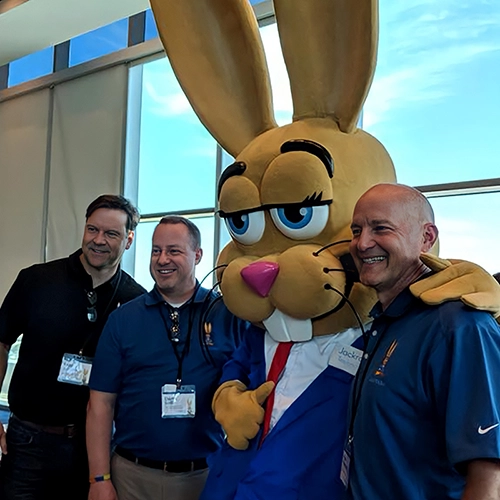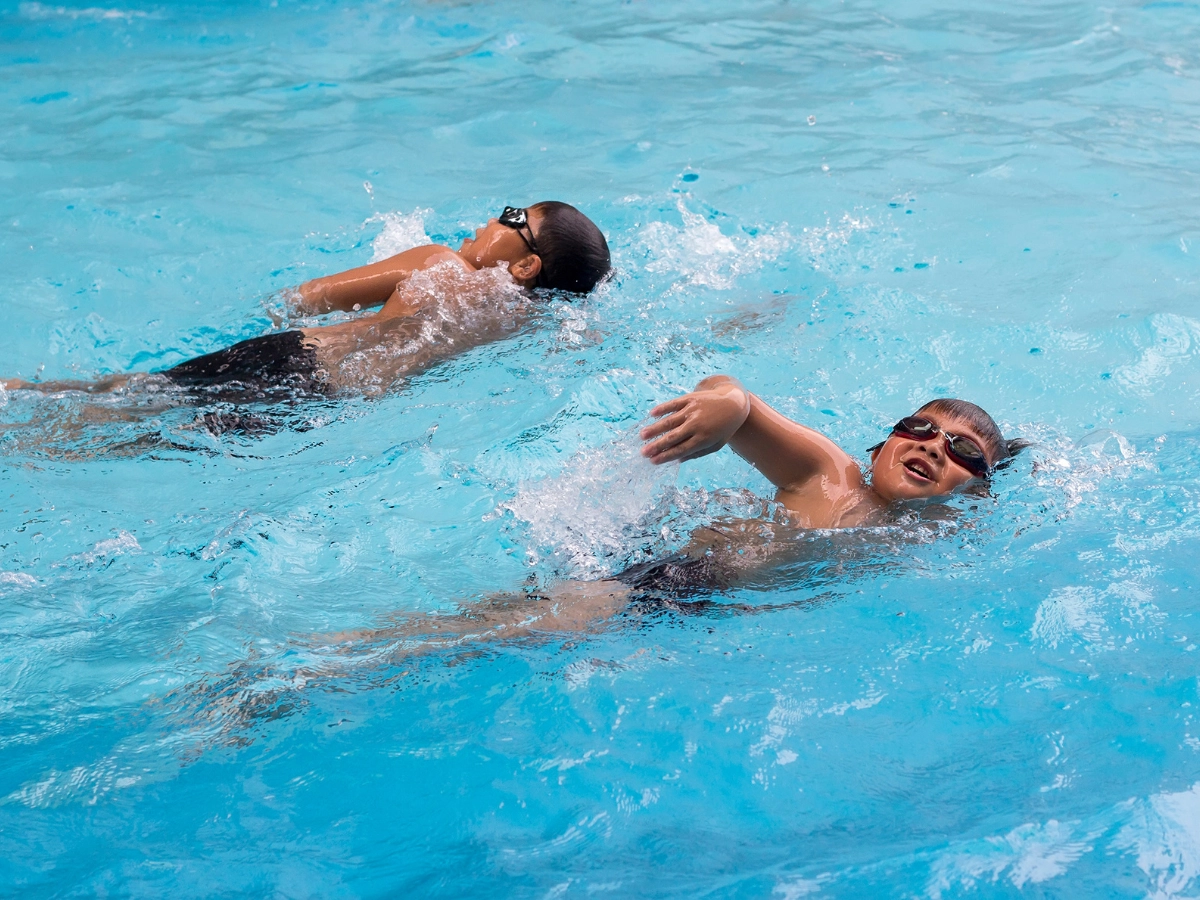Praise is a way that adults can use to tell children that they are headed in the right direction – that what they are doing has the potential to earn them success.
You can find differing theories and opinions on praise in the news. More general news sources have been known to focus on what is bad about praising kids.
Psychology Today has published articles in recent years that simply advise that parent not praise their kids. CBS News shared information noting that parents who over praise are breeding narcissism and Forbes quoted an Ohio State University study that said too much praise can turn kids into Narcissists while a contrasting psychoanalytic theory suggests that kids become narcissists when their parents withhold warmth – so the kids have to put themselves on a pedestal and seek approval elsewhere.
More parenting- and science-focused publications, such as KidsMatter, ParentingScience, WebMD and Parents.com, have focused on the ways that praise can effectively be used.
Cultures handle praise in many different ways. China, for example, rarely uses praise because they worry about the effects that praise has on people – especially children.
Westerners praise each other all the time – some actually lavishing it on their children – and believe that praise can make kids more motivated, more confident and more inclined to take on challenges.
These examples represent extremes. The truth is, the most effective use of praise is probably somewhere in the middle.
Does too much praise inflate egos and create arrogance? Does too little praise lower self-esteem and self-confidence to the point of encouraging inaction?
There is evidence that moms who praise their preschoolers for their good manners have kids with better social skills.
There are cases, however, where praise actually undermined children’s motivation.
What’s right?
Here are some sensible, proven study praise “best practices.”
Praise can be a powerful motivating force if you:
- Are sincere and specific with your praise
- Praise kids only for traits they have the power to change
- Use descriptive praise that conveys realistic, attainable standards
- Are careful about praising kids for achievements that come easily
- Are careful about praising kids for doing what they already love to do
- Encourage kids to focus on mastering skills – not on comparing themselves to others
It is also important to be sensitive to your child’s developmental level.
Very young children thrive on praise.
Praise encourages babies and toddlers to explore on their own. In a study of 24-month old children, researchers watched how mothers responded to their toddlers while they attempted a challenging task. The same families were invited back a year later and kids were tested again.
Researchers found that the 36-month old kids who were most likely to tackle challenges – and to persist at a task – were the ones whose mothers had praised and encouraged their independence at 24 months.
Older kids are more sophisticated and may interpret praise in negative ways.
As kids mature, they become aware of motives and wonder what your motives are in praising them. If they think you’re being insincere, they may dismiss your praise. They may think your motivation is to be patronizing or manipulative.
Here are six points that will help you effectively praise your kids:
Be sincere and specific with your praise
Failing to praise in this way could harm a child’s self-esteem and damage your relationship with them. If the perceive praise to be insincere, children won’t feel very encouraged by it. But it doesn’t end here. Insincere praise can actually go beyond being ineffective and end up being damaging.
They may think:
- You feel sorry for them
- You’re trying to manipulate them
- You don’t really understand them
To prevent this, avoid praise that is sweeping or general. Kids are more likely to doubt it.
Only praise kids for traits that they have the power to change
You might think that generally praising your child’s intelligence or talent would boost his self-esteem and motivate him. But usually this backfires.
Often when kids are praised for their ability, they actually become more cautious and avoid challenges. It’s as if they are afraid to do anything that might make them fail and lose your praise.
They also might get from your general praise that intelligence or talent is something that people either have or don’t have. And this makes them feel helpless when they make mistakes. They just don’t see the point in trying if messing up means they lack intelligence.
Praise kids for things they can clearly change. Praise them for the effort they went to or the strategies they used in doing something.
Use praise that sends a message or realistic, attainable standards.
General praise is about making a judgment: “You did a great job!”
Descriptive praise is about what was done right: “I like the way you begin your essay by describing the problem and explaining why it’s important.”
The latter is more helpful because you’re not just telling him he’s doing well, you’re giving him specific feedback, and telling him something about your standards.
In using descriptive praise, be sure it is effective by making sure the standards your praise conveys is reasonable. If you over-praise: “You were amazing today! I’ve never seen anyone kick the soccer ball better.” Well, that’s just a superhuman expectation to place on them. They likely won’t be able to live up to that again. Instead of building their confidence, this kind of praise actually puts stress and pressure on them and they can feel inadequate.
Don’t praise for achievements that come too easily
Praising kids for easy tasks may lead them to feel that you think they’re dumb. This interpretation wouldn’t be made by younger kids, but as they mature, kids become more sophisticated in their thinking and understand the meaning of praise.
One experiment presented American kids (aged 4 to 12 years) with a videotaped scenario depicting students at work. The scenario showed two students solving a problem. Each performed equally well, but only one student was praised.
The kids who watched the program were asked to judge the students’ effort and ability.
Kids of all ages agreed that the praised student tried harder. But the older kids also inferred that the praised student had lower ability.
These reactions might be culturally specific, however. When a similar experiment was conducted on Chinese students, older subjects did not conclude that the praised person was inferior in ability.
The difference here might simply reflect different attitudes about praise and intelligence of Chinese and Western cultures.
(In China, praise is rarely given as previously noted, so people in that culture may be less likely to infer that praise is insincere or patronizing. Chinese people are more inclined to view intellectual achievements as a product of effort.)
Don’t go overboard in praising kids for doing things they like to do anyway
A little praise for things kids like to do is a good thing but going overboard should be avoided. This is particularly important with older kids. Excessive praise in these type situations can actually reduce their motivation for this activity. A good example is praising the child who loves broccoli every time he eats it. Whether it’s done consciously or not, the child will begin to question why he loves broccoli. If the constant praise is stopped, the child can lose interest in eating the broccoli at all.
Research also shows that tangible rewards (like money) work much the same way. When children were consistently “paid” for eating certain foods, they actually lost interest in eating the foods.
The important factor seems to be that when the praise be given every time kids expect to be praised for the behavior in order to maintain interest in it. Praise remains a powerful motivating force when is it unexpected or spontaneous.
This doesn’t mean you shouldn’t praise your children for good behavior or a job well done. It just means that you should be cautious in allowing praise to override your kids’ natural sources of motivation.
Avoid praise that compares your kid to others
This may, at first, seem like a good way to praise your kid for out-performing their peers. After all, there is some research showing that social-comparison praise enhances a child’s motivation. But this presents the following problems:
- Social-comparison is only motivating to kids as long as they continue to win.
If they lose their competitive edge, they lose their motivation.
Becoming accustomed to social-comparison encourages kids to become poor losers.
An experiment with American 4th and 5th graders who received either social-comparison praise, mastery praise or no praise for completing a puzzle reacted differently. They completed a second task for which they received no clear feedback on their performance.
Their motivation levels depended on what type praise they had received for completing the puzzle. Those who had received social comparison praise suffered a loss of motivation. But kids who had received mastery praise showed enhanced motivation. The social-comparison praise backfired as soon as the kids stop hearing that they’d outperformed their peers.
- Social-comparison praise teaches kids that competitive standing – not mastery – is most important.
When kids decide that the goal is to outperform other kids, they lack motivation for doing the task in itself well. Doing the task well is only interesting if it means they win.
Even worse, these kids are generally so wrapped up in maintaining their competitive standing that they avoid challenges and opportunities to learn.
How praise works with toddlers
Toddlers are continuing to explore their environment. They are also becoming better at deciding what to do to achieve their goals. As toddlers get older, they start developing an understanding for self-awareness and self-evaluation and understand that there are a number of steps involved in reaching goals.
Children around three years old are not only interested in completing an activity, they also like doing it well. They are discovering which activities are easier or harder for them. Toddlers feel a lot of pride when they succeed in completing a challenging activity. If a challenging activity doesn’t work out this is a learning opportunity and they don’t feel much shame. However, if they view a task to be easy, they feel greater shame. This is why it is especially important to provide toddlers with support and encouragement after facing a challenging activity and less so after successes.
How you can motivate preschoolers
Preschoolers are beginning to direct their own learning as they are becoming more capable of problem solving and working through activities on their own. They are more able to think through how they are going to complete an activity. Many times we might expect children to work quietly at a task on their own; however, encouraging children to talk with others about what they are doing promotes their learning and development. By being shown how to work through problems with the help of supportive adults, preschoolers are more able to scaffold their own learning. With this comes a greater sense of control over what they are doing, leading to greater confidence and self-esteem.
Resources:
Childcare Exchange, ParentingScience.com, KidsMatter.edu














